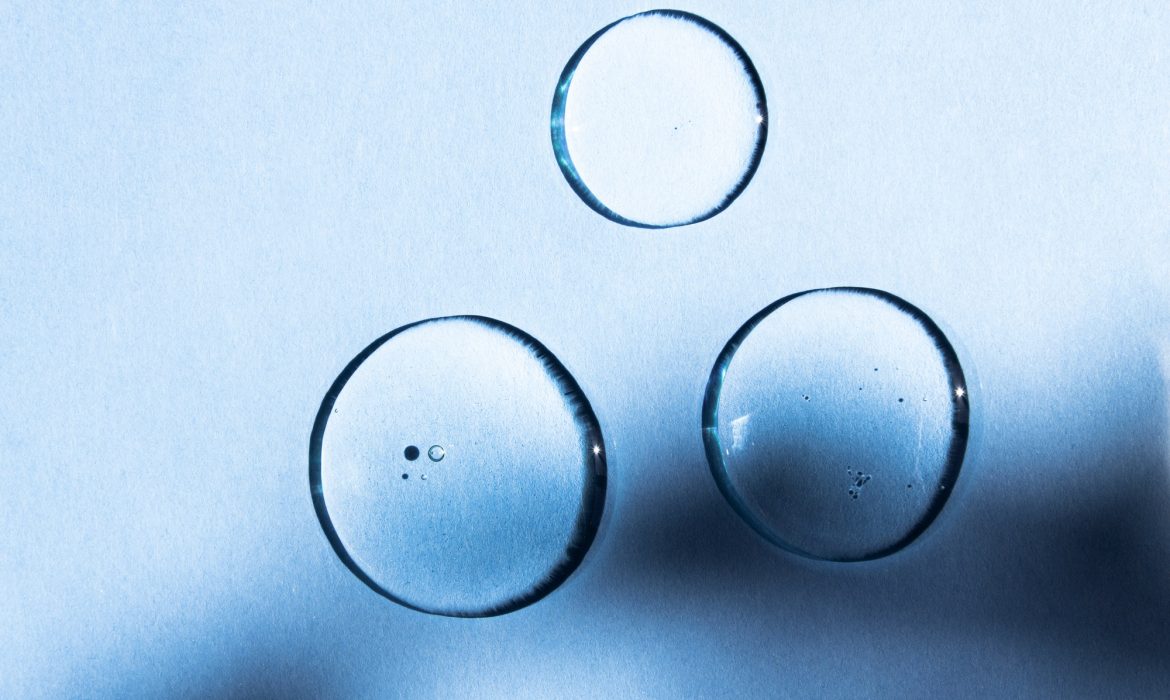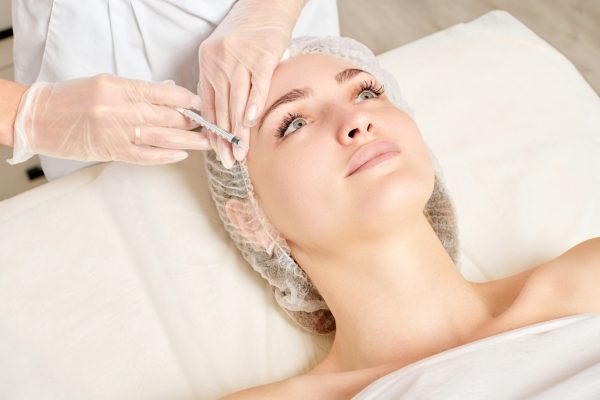
In the ever-evolving world of skincare, one word has been generating a buzz among beauty enthusiasts and dermatologists alike: peptides. These tiny yet powerful molecules are quickly becoming the go-to solution for anyone looking to slow down the signs of aging and achieve healthier, more youthful skin. But what exactly are peptides, and why is everyone talking about them? Let’s dive into the science, benefits, and the incredible role peptides play in modern anti-aging skincare.
At their core, peptides are short chains of amino acids—the building blocks of proteins. Proteins like collagen, elastin, and keratin are essential for maintaining the structure, strength, and resilience of the skin. As we age, our natural production of these proteins begins to decline, leading to wrinkles, fine lines, sagging skin, and a loss of elasticity.
Peptides act as messengers for the skin. They send signals to cells, encouraging them to perform specific functions, such as boosting collagen production, repairing damaged skin, or improving hydration. By incorporating peptides into your skincare routine, you’re essentially giving your skin the tools it needs to rejuvenate itself naturally.
The popularity of peptides can be attributed to their ability to deliver visible, science-backed results without the harsh side effects associated with some other anti-aging ingredients like retinoids or acids. Peptides are gentle on the skin, making them suitable for all skin types, including sensitive skin.
Here are some key reasons why peptides are trending in the beauty industry:
Not all peptides are created equal. Here are the main types of peptides used in skincare products:
To make the most of peptides in your skincare routine, follow these tips:
As technology advances, the role of peptides in skincare is only expected to grow. Scientists are continually discovering new peptide formulations that target specific concerns, from anti-aging to skin repair. The ability to customize peptide blends for individual skin needs makes them an ideal ingredient for the future of personalized skincare.
The power of peptides lies in their ability to address aging at a cellular level. By stimulating collagen production, enhancing hydration, and repairing damage, peptides help the skin look and feel younger, healthier, and more vibrant. Their gentle nature and proven effectiveness make them a must-have in any anti-aging skincare routine.
If you’re looking for an ingredient that delivers real, visible results without compromising your skin’s health, peptides are the answer. Incorporate them into your routine, trust the science, and watch as your skin transforms with time. The future of skincare is here, and peptides are leading the way to healthier, ageless beauty.

Aromas Medspa Is a proud sponsor of Derma Filler Club , Servicing 3 locations in south Florida , Doral, Kendall and Weston www.aromaslaser.com

Derma Filler Club is a magazine online educating woman and men about health practices and safety cosmetic procedures , you can be part of our sponsors and reach many emails every week in cities like Miami, Tampa, Orlando, Jacksonville , New York, New Jersey , Los Angeles and Houston .
Derma Filler Club / CreationWebs Content Network / All Right Reserved